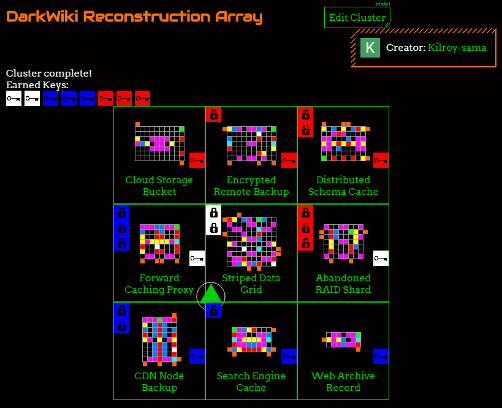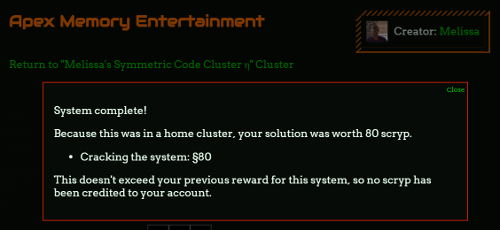(This is part 2 of a series on applying devops principles and practices to game development. The main post is here and all posts can be found under this tag.)
If nothing else about this series proves directly useful to you, take this one thing home:
Don't get stuck in a local maximum.
—Michael DeHaan, creator of Ansible
Keep moving and keep improving.
Very often, we find a system for ourselves that works and stick with it. We just get used to things that are initially annoying or rough, even if we know there might be a “fix” for it. As a result, we accept failure in some areas, telling ourselves “that's just how it is.”
We shouldn't just accept those irritants and move on. We should continuously reassess whether those need to continue to be rough spots.
...









 View on YouTube
View on YouTube

